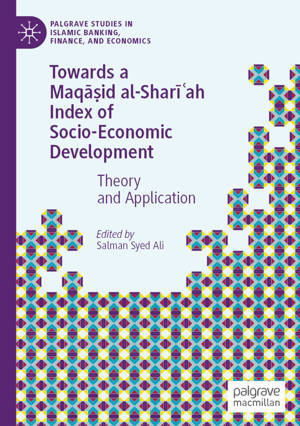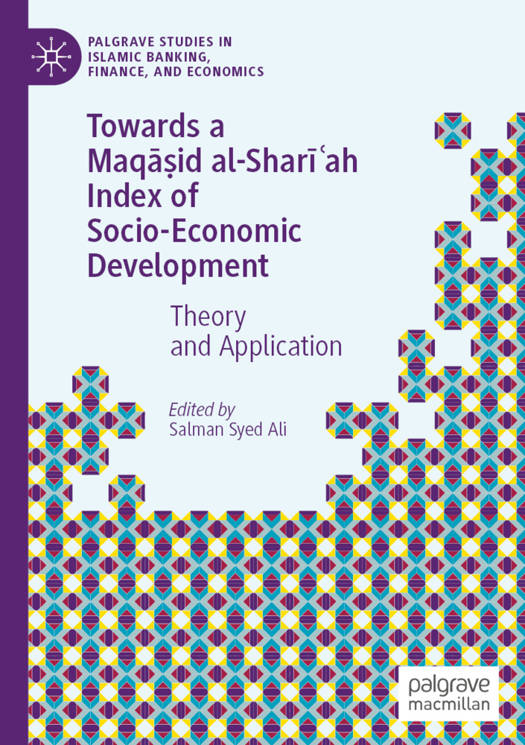
- Afhalen na 1 uur in een winkel met voorraad
- Gratis thuislevering in België vanaf € 30
- Ruim aanbod met 7 miljoen producten
- Afhalen na 1 uur in een winkel met voorraad
- Gratis thuislevering in België vanaf € 30
- Ruim aanbod met 7 miljoen producten
Towards a Maqāṣid Al-Sharīʿah Index of Socio-Economic Development
Theory and Application
Omschrijving
Islamic economics, which is a discipline for studying economic behaviour from an Islamic perspective, advocates comprehensive human development defined by advancement and progress in multiple dimensions beyond GDP, income, or standard of living. Not only should socio-economic progress be in all dimensions but it should also have a higher purpose. A society is considered economically and socially developed if adequate protections are provided for faith, life, intellect, progeny, and wealth. This concept of balanced progress itself is an important idea recognized by the sociologists. However, the same has so far not been measured or used in policy making by economists. Similarly, lack of adequate protections in a society along these dimensions indicates poverty which is another way of measuring slack in development. The chapters in this edited volume deal with conceptualization of socio-economic development on these lines, and show how to measure socio-economic development in a comprehensive way. The book will be of interest to academics in the fields of economics, economic development, and Islamic economics. It will also be of interest to policy makers engaged in economic development, social progress, and poverty alleviation.
Specificaties
Betrokkenen
- Uitgeverij:
Inhoud
- Aantal bladzijden:
- 418
- Taal:
- Engels
- Reeks:
Eigenschappen
- Productcode (EAN):
- 9783030127954
- Verschijningsdatum:
- 20/09/2020
- Uitvoering:
- Paperback
- Formaat:
- Trade paperback (VS)
- Afmetingen:
- 148 mm x 210 mm
- Gewicht:
- 580 g

Alleen bij Standaard Boekhandel
Beoordelingen
We publiceren alleen reviews die voldoen aan de voorwaarden voor reviews. Bekijk onze voorwaarden voor reviews.










